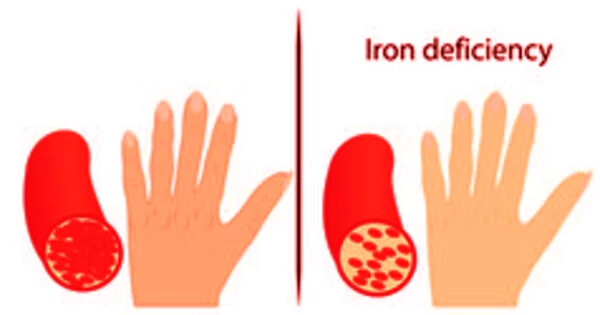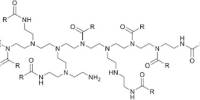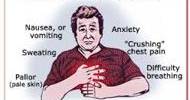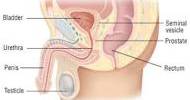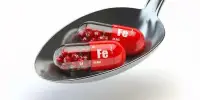Iron is a necessary mineral that is a component of hemoglobin, the red pigment of red blood cells (RBC) that is responsible for oxygen transport in the blood. Red blood cells contain more than half of the iron in your body. As a component of the enzyme complex cytochrome P450, it is also involved in cellular respiration. Iron is a component of hemoglobin, a protein that transports oxygen to your tissues. Iron deficiency is distinguished by a sharp drop in hemoglobin levels.
Iron deficiency occurs when iron utilization or loss exceeds iron absorption, causing body stores to be depleted. Iron is also found in proteins and enzymes that help keep your body healthy. Early in iron deficiency, iron stores are decreased, but the red cells are morphologically unaffected. The best sources of iron are meat, poultry, or fish. Plant-based foods such as beans or lentils are also good sources.
Iron deficiency progresses slowly and can result in anemia. It is uncommon in the United States and among people who eat a healthy diet. In a 2008 report, the World Health Organization estimated that iron deficiency causes roughly half of all anemia cases worldwide.
Iron-deficiency anemia symptoms include fatigue and weakness. You may be underperforming at work or school. Slow social and cognitive development in children may manifest as symptoms.
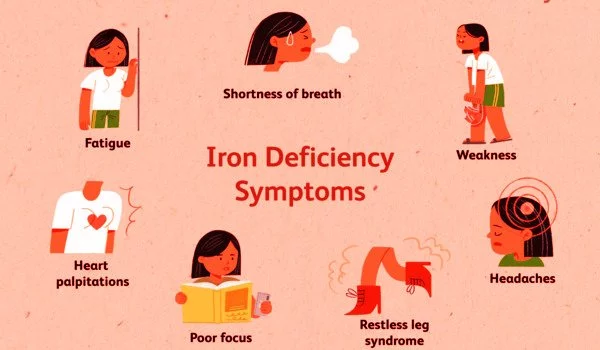
Deficiency Symptoms:
- Anemia
- Exhaustion
- Shortness of breath
- Restless leg syndrome
- Headache
- Anxiety
- Hair loss
Diagnosis:
Clinical examination can reveal whether or not the patient is iron deficient. A complete blood count (CBC) that reveals suboptimal hemoglobin levels (<7-8 g/dl) is a confirmatory test. A ferritin test can be used to determine the amount of iron stored in the body. The total iron-binding capacity (TIBC) indirectly measures transferrin levels, a protein to which iron binds to help it move around in the blood.
Once the cause of your anaemia has been determined (for example, an ulcer or heavy periods), your doctor will recommend treatment. If a blood test reveals that your red blood cell count is low, iron tablets will be prescribed to replenish the iron in your body.
Treatment:
Oral iron supplementation is the standard treatment for iron deficiency. This should be taken first thing in the morning on an empty stomach. Because vitamin C aids iron absorption, the iron tablet can be taken with a glass of orange or lime juice.
Foods to Combat Iron Deficiency:
- Dark green leafy vegetables
- Red meat
- Organ meat – liver
- Dry fruits and nuts
- Breakfast cereals are fortified with iron.
